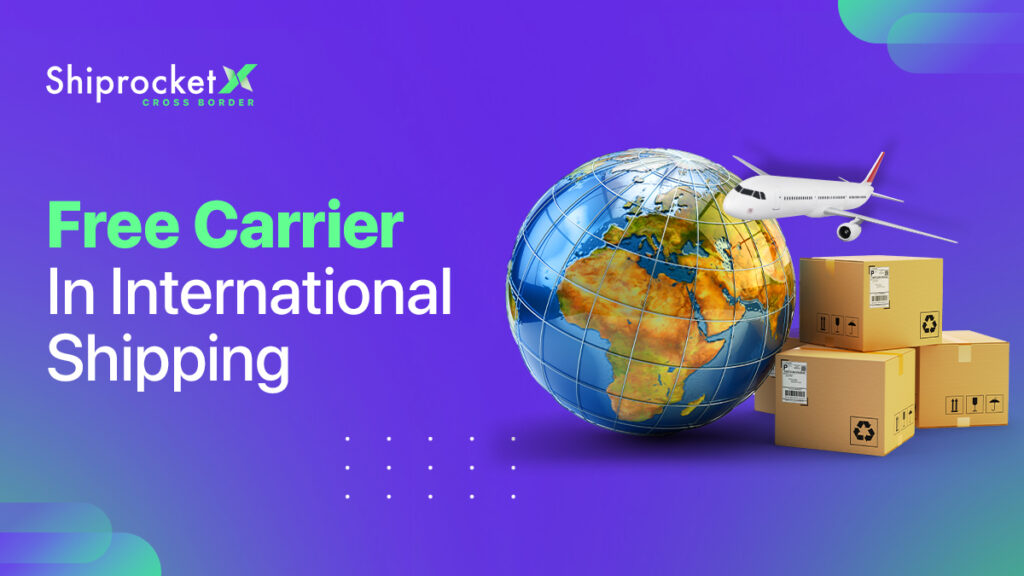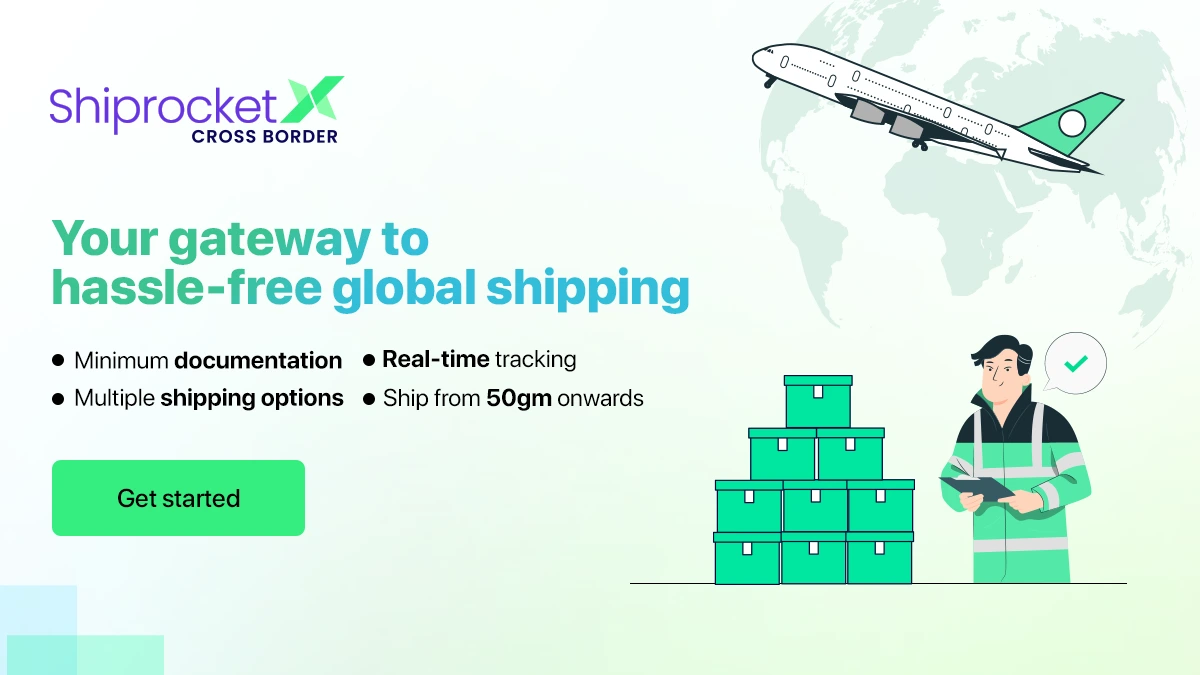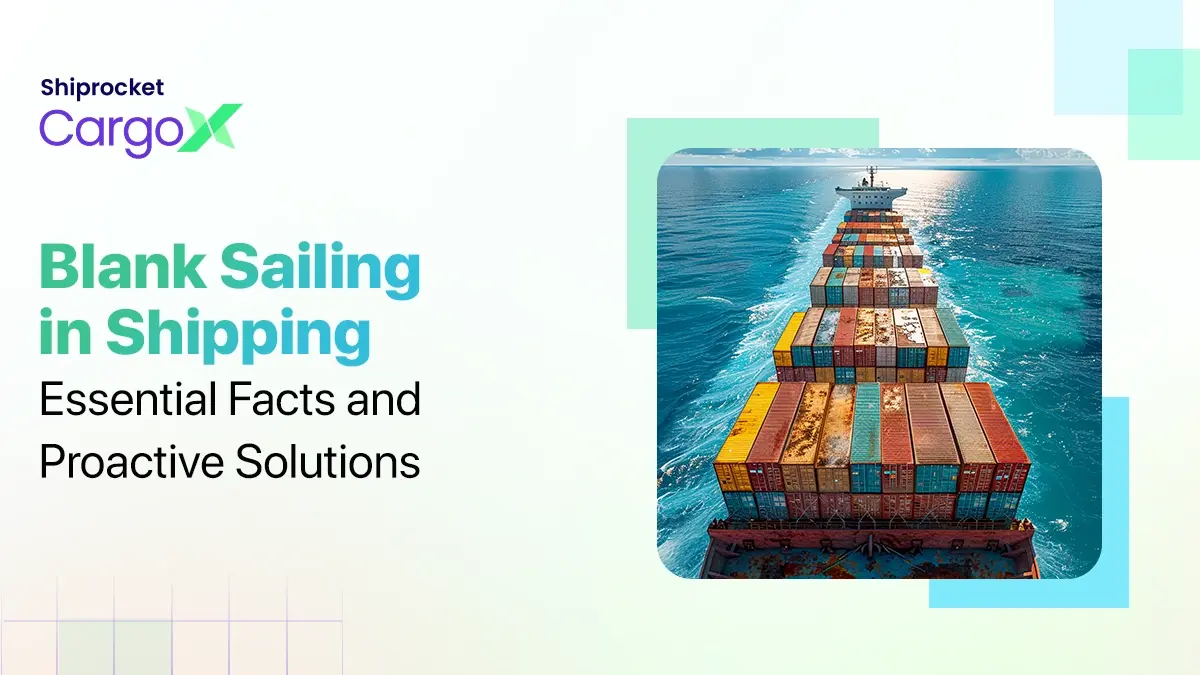Understanding Free Carrier (FCA) in International Shipping

In the world of international shipping, various Incoterms are used to define the rights and responsibilities of buyers and sellers regarding the delivery of goods. One such Incoterm is Free Carrier (FCA), which is widely employed by traders globally. FCA is essential for ensuring smooth transactions and clarifying the obligations of each party involved. In this blog post, we will delve into the concept of Free Carrier and their significance in international shipping.
What is Free Carrier (FCA)?
Free Carrier is an Incoterm that outlines the transfer of risks and responsibilities from the seller to the buyer during the delivery of goods. Under FCA, the seller is responsible for preparing the goods for export and delivering them to the carrier at a specified location. The buyer then assumes responsibility from that point onward, including the costs and risks associated with transportation.
Key Features of FCA
a) Delivery Point: FCA requires the seller to deliver the goods at a designated location, typically agreed upon by both parties. This can be the seller’s premises, a port, an airport, or any other mutually acceptable point.
b) Transport Arrangements: The buyer is responsible for arranging and paying for the main transportation of the goods from the designated location. The seller assists in loading the goods onto the buyer’s carrier or another agreed-upon carrier.
c) Risk Transfer: Risk transfers from the seller to the buyer when the goods are delivered to the carrier at the agreed-upon location. Any loss or damage that occurs during transit is the buyer’s responsibility.

Seller’s Obligations
a) Pre-shipment: The seller must ensure that the goods are properly packaged, labeled, and ready for export. They are responsible for obtaining any necessary export licenses or documentation.
b) Delivery: The seller is obliged to deliver the goods to the carrier at the agreed-upon location within the specified timeframe. They must provide the buyer with sufficient notice to arrange transportation.
Buyer’s Obligations
a) Transport and Insurance: The buyer is responsible for organizing and paying for the main transportation of the goods, including any necessary insurance coverage. They must choose a reliable carrier and ensure that the goods are adequately protected during transit.
b) Import Formalities: The buyer must handle all import formalities, including customs clearance, duties, and taxes at the destination. They should be aware of the import regulations and requirements of the country where the goods are being delivered.
Advantages of FCA
a) Flexibility: FCA allows the buyer to choose their preferred mode of transportation and carrier, giving them more control over the shipping process.
b) Cost Control: With FCA, the buyer can negotiate competitive freight rates and insurance premiums directly with the carriers.
c) Clear Responsibilities: FCA provides clarity regarding the transfer of risks and responsibilities between the seller and the buyer, reducing the likelihood of disputes.
Conclusion: Free Carrier For Successful International Shipping
Free Carrier (FCA) is an essential Incoterm that facilitates international trade by clearly defining the responsibilities of both sellers and buyers. By understanding the concept of FCA and its key features, traders can ensure smooth and efficient transportation of goods while minimizing risks and uncertainties. Implementing FCA correctly requires effective communication and cooperation between the parties involved, leading to successful international shipping transactions.







